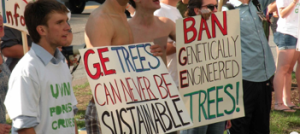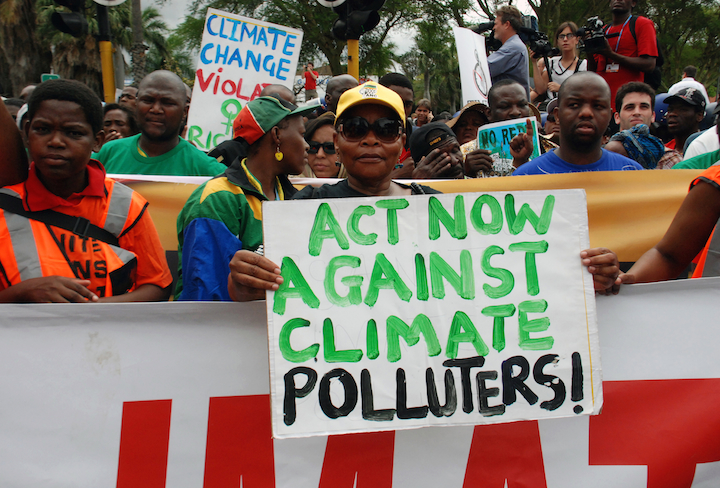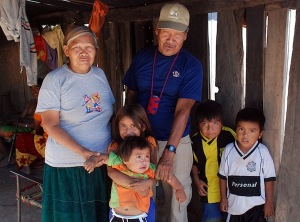As mentioned in the previous post, Global Justice Ecology Project has decided to shift our energies from Climate Connections to providing news and information through our website and social media platforms. We encourage you to
- check out our website;
- sign up to get an email when we add a blog post;
- and follow us on Twitter and Facebook.
However, you can still access archived articles on Climate Connections by scrolling below or using the search field.
Below please find an informal list of sources (let us know what we missed!) that have been important to Climate Connections over the years. We only include media sources — it would be too much to list all of the organizations we also follow on social media! We will continue to post on our social media any alerts from those movement sources. Thanks for your patience in our evolution.
Biofuelwatch
Indigenous Environmental Network
ClimateProgress, by ThinkProgress
http://thinkprogress.org/climate/issue/
Common Dreams
Counterpunch
DeSmogBlog
Earth First! Newswire
http://earthfirstjournal.org/newswire/
The Ecologist
EcoWatch
Environmental Health News
http://www.environmentalhealthnews.org/
Grist
Indian Country Today Media Network
http://indiancountrytodaymedianetwork.com
Inter Press Service
InterContinental Cry
https://intercontinentalcry.org/
Mongabay Environmental News
OtherWords
Popular Resistance
http://www.popularresistance.org
REDD Monitor
Truthout
Toward Freedom
Upside Down World
http://upsidedownworld.org/main/
Waging NonViolence
WW4 Report
Z Commentaries
http://zcomm.org/commentaries/





